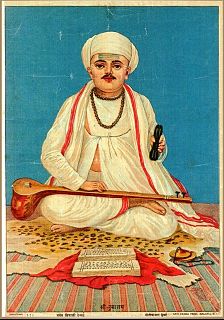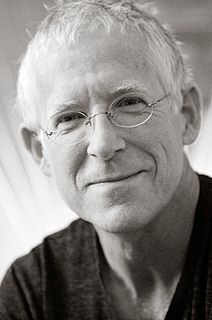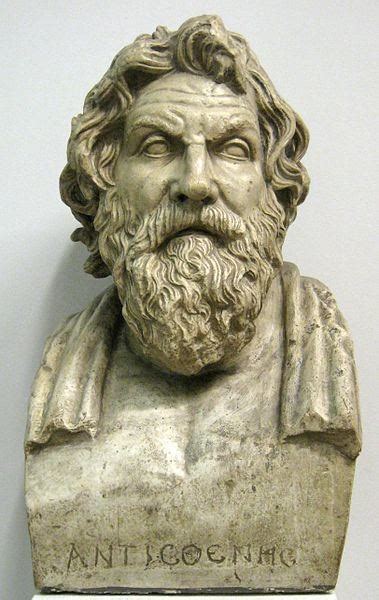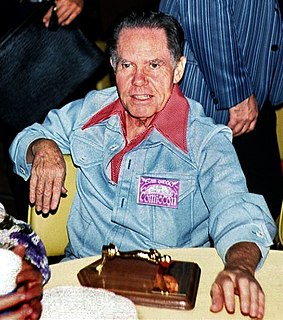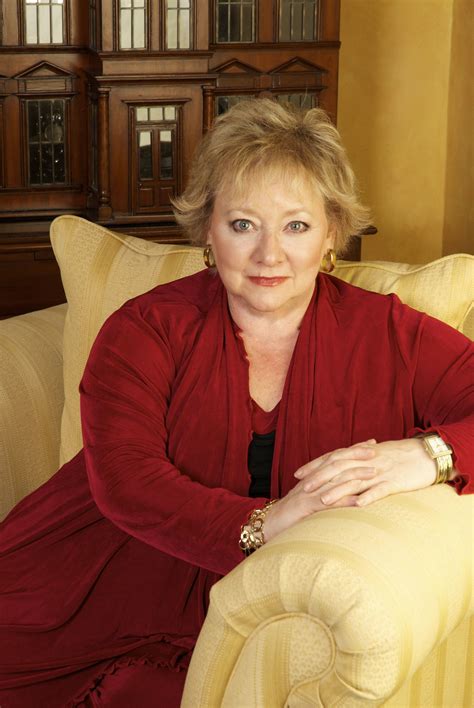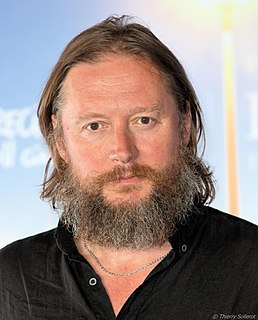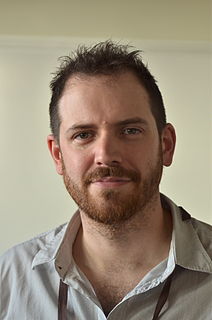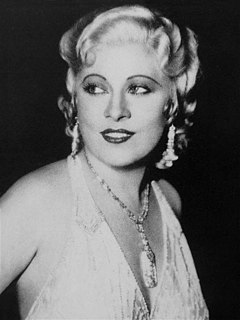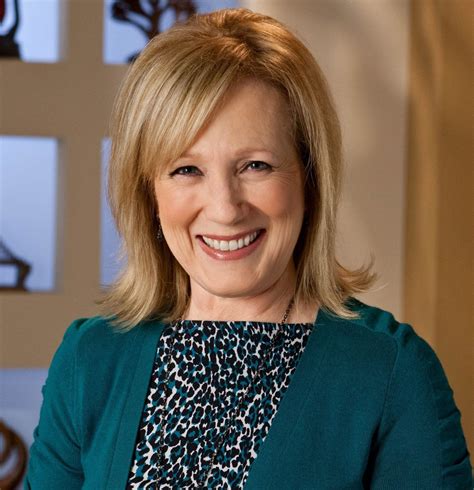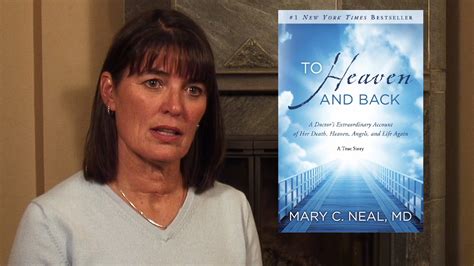Top 1200 Vocabulary Words Quotes & Sayings - Page 3
Explore popular Vocabulary Words quotes.
Last updated on November 16, 2024.
The mind is incredible. Once you've gained mastery over it, channeling its powers positively for your purposes, you can do anything. I mean anything. The secret is to make your mind work for you not against you. This means constantly being positive. Constantly setting up challenges you can meet either today, next week, or next month. "I can't..." should be permanently stricken from your vocabulary, especially the vocabulary of your thoughts. You must see yourself always growing and improving.
There's something nearly mystical about certain words and phrases that float through our lives. It's computer mysticism. Words that are computer generated to be used on products that might be sold anywhere from Japan to Denmark - words devised to be pronounceable in a hundred languages. And when you detach one of these words from the product it was designed to serve, the words acquires a chantlike quality.
We must admit that today conformity is on the Left. To be sure, the Right is not brilliant. But the Left is in complete decadence, a prisoner of words, caught in its own vocabulary, capable merely of stereotyped replies, constantly at a loss when faced with truth, from which it nevertheless claimed to derive its laws. The Left is schizophrenic and needs doctoring through pitiless self-criticism, exercise of the heart, close reasoning, and a little modesty.
Words are pale shadows of forgotten names. As names have power, words have power. Words can light fires in the minds of men. Words can wring tears from the hardest hearts. There are seven words that will make a person love you. There are ten words that will break a strong man's will. But a word is nothing but a painting of a fire. A name is the fire itself.
The language of the culture also reflects the stories of the culture. One word or simple phrasal labels often describe the story adequately enough in what we have termed culturally common stories. To some extent, the stories of a culture are observable by inspecting the vocabulary of that culture. Often entire stories are embodied in one very culture-specific word. The story words unique to a culture reveal cultural differences.
Conservatives or better, pro-corporate apologists hijacked the vocabulary of Jeffersonian liberalism and turned words like "progress," "opportunity," and "individualism" into tools for making the plunder of America sound like divine right. This "degenerate and unlovely age," as one historian calls it, exists in the mind of Karl Rove the reputed brain of George W. Bush as the seminal age of inspiration for politics and governance of America today.
I believe that should is one of the most damaging words in our language. Every time we use it, we are, in effect, saying that we are wrong, or we were wrong, or we're going to be wrong. I would like to take the word should out of our vocabulary forever and replace it with the word could. This word gives us a choice, and we're never wrong.
Colonialism is a terrible bane for a people upon whom it is imposed, but a blessing for a language. English's drive to exploit the new and the alien, its zeal in robbing words from other languages, its incapacity to feel qualms over the matter, its museum-size overabundance of vocabulary, it shoulder-shrug approach to spelling, its don't-worry-be-happy concern for grammar-the result was a language whose colour and wealth Henry loved.
I started playing classical music, and I still do. I think music ultimately is kind of on a theoretical level, is about collecting and learning as much vocabulary as possible. It's kind of like writing. It's kind of like writing because the more you read, the more you hear people describe things. The more you soak in, as far as vocabulary, the more access you have in order to express yourself accurately and vividly.
Sometimes I see my students, especially the ones with a gift for the lyrical, reaching far outside the realm of their own experience for language and images. I understand this impulse. We think, in the beginning, that striking exotic words together will create something entirely new. That we must be worldly in our vocabulary. We idolize the styles of other writers and don't trust or perhaps yet know our own.
Institutional psychiatry is a continuation of the Inquisition. All that has really changed is the vocabulary and the social style. The vocabulary conforms to the intellectual expectations of our age: it is a pseudo-medical jargon that parodies the concepts of science. The social style conforms to the political expectations of our age: it is a pseudo-liberal social movement that parodies the ideals of freedom and rationality.
I'm thinking about the idea of poetic license. People say that about certain writers: "Oh, the grammar sucks, but it's just the poetic license." We accept it as being an art form of sorts: the incorrect rearrangement of meaningful things. Unlike sciences, literature as art relies on societal acceptance of a certain vocabulary. We're just making sounds out of our mouths if we don't both accept that what I'm saying has very significant meanings, and I'm accurately targeting what vocabulary I use and how I arrange each word.
The dictionary is like a time capsule of all of human thinking ever since words began to be written down. And exploring where words have come from can increase your understanding of the words themselves and expand your understanding of how to use the words, and all of this change happens in your thinking when you read the words.
Words were one of the most powerful forces known— or unknown— to man. The Most High had created this world with His words. And humans, who had been fashioned in His image, could direct the entire course of their lives with their words, their mouths as the rudder on a ship, as the bridle on a horse. They produced with their words. They destroyed with their words.
I want you to understand the words. I want you taste the words. I want you to love the words. Because the words are important. But they're only words. You leave them on the paper and you take the thoughts and put them into your mind and then you as an actor recreate them, as if the thoughts had suddenly occurred to you.
One of the major symptoms of the general crisis existent in our world today is our lack of sensitivity to words. We use words as tools. We forget that words are a repository of the spirit. The tragedy of our times is that the vessels of the spirit are broken. We cannot approach the spirit unless we repair the vessels. Reverence for words - an awareness of the wonder of words, of the mystery of words - is an essential prerequisite for prayer. By the word of God the world was created.
Remember that those five hundred words an average Englishman uses are far from being the whole vocabulary of the language. You may learn another five hundred and another five thousand and yet another fifty thousand and still you may come across a further fifty thousand you have never heard of before, and nobody else either.
You can give words, but you can't take them. And when words are given, that is when they are shared. We remember what that was like. Words so real they were almost tangible. There are conversations you remember, for certain. But more than that, there is the sensation of conversation. You will remember that, even when the precise words begin to blur.
Scientists often invent words to fill the holes in their understanding.These words are meant as conveniences until real understanding can be found. ... Words such as dimension and field and infinity ... are not descriptions of reality, yet we accept them as such because everyone is sure someone else knows what the words mean.
America has never had a very wide vocabulary for miscegenation. We say we like diversity, but we don't like the idea that our Hispanic neighbor is going to marry our daughter. America has nothing like the Spanish vocabulary for miscegenation. Mulatto, mestizo, Creole - these Spanish and French terms suggest, by their use, that miscegenation is a fact of life. America has only black and white. In eighteenth-century America, if you had any drop of African blood in you, you were black.
Luck, if it mean nothing more than an event of which the cause is not apparent, is a term that may be employed without error; but if it means, as it generally does, an event which has no cause at all, a mere chance, it is a bad word, a heathen term; drop it from your vocabulary; trust nothing to luck, nor expect anything from it; avoid all practical use or dependence upon this or its kindred words, fate, chance, fortune.
I like the idea of the audience absorbing the language and getting to understand it as they journey through the film. It starts off being more obscure, but you get used to it. A 'Clockwork Orange' thing. I read 'Clockwork Orange' without any vocabulary, and I got to understand the words as I went through it. I like that process. It immerses you.
One of the really bad things you can do to your writing is to dress up the vocabulary, looking for long words because you're maybe a little bit ashamed of your short ones. This is like dressing up a household pet in evening clothes. The pet is embarrassed and the person who committed this act of premeditated cuteness should be even more embarrassed.
I have this theory that the more important and intimate the emotion, the fewer words are required to express it. For instance in dating: 'Will you go out with me?' Six words. 'I really care for you.' Five words. 'You matter to me' Four words. 'I love you.' Three words. 'Marry me.' Two words. Well, what's left? What's the one most important and intimate word you can ever say to somebody?
'Goodbye...'
Words are singularly the most powerful force available to humanity. We can choose to use this force constructively with words of encouragement, or destructively using words of despair. Words have energy and power with the ability to help, to heal, to hinder, to hurt, to harm, to humiliate and to humble.
In the most basic way, writers are defined not by the stories they tell, or their politics, or their gender, or their race, but by the words they use. Writing begins with language, and it is in that initial choosing, as one sifts through the wayward lushness of our wonderful mongrel English, that choice of vocabulary and grammar and tone, the selection on the palette, that determines who's sitting at that desk. Language creates the writer's attitude toward the particular story he's decided to tell.
To anyone who has followed the practice of using profanity or vulgarity and would like to correct the habit, could I offer this suggestion? First, make the commitment to erase such words from your vocabulary. Next, if you slip and say a swear word or a substitute word, mentally reconstruct the sentence without the vulgarity or substitute word and repeat the new sentence aloud. Eventually you will develop a non-vulgar speech habit.
I don't think we have all the words in a single vocabulary to explain what we are or why we are. I don't think we have the range of emotion to fully feel what someone else is feeling. I don't think any of us can sit in judgment of another human being. We're incomplete creatures, barely scraping by. Is it possible--from the perspective of this quickly spinning Earth and our speedy journey from crib to coffin--to know the difference between right, wrong, good, and evil? I don't know if it's even useful to try.
I feel as though I am trying to describe a three-dimensional experience while living in a two-dimension world. The appropriate words, descriptions, and concepts don't even exist in our current language. I have subsequently read the accounts of other people's near-death experiences and their portrayals of heaven and I am able to see the same limitations in their descriptions and vocabulary that I see in my own.
The Lord's Prayer is 66 words, the Gettysburg Address is 286 words, there are 1.322 words in the Declaration of Independence, but government regulations on the sale of cabbage total 26.911 words. The difference between literature and journalism is that journalism is unreadable and literature is not read.
More people should visit Antarctica, metaphorically speaking, on their own. That is one of the conclusions I have reached, one of my recommendations: explore something, even if it's just a bookshelf. Make a stab in the dark. Read off the beaten path. Your attention is precious. Be careful of other people trying to direct how you dispense it. Confront your own values. Decide what it is you are looking for an then look for it. Perform connoisseurship. We all need to create our own vocabulary of appreciation, or we are trapped by the vocabulary of others.
